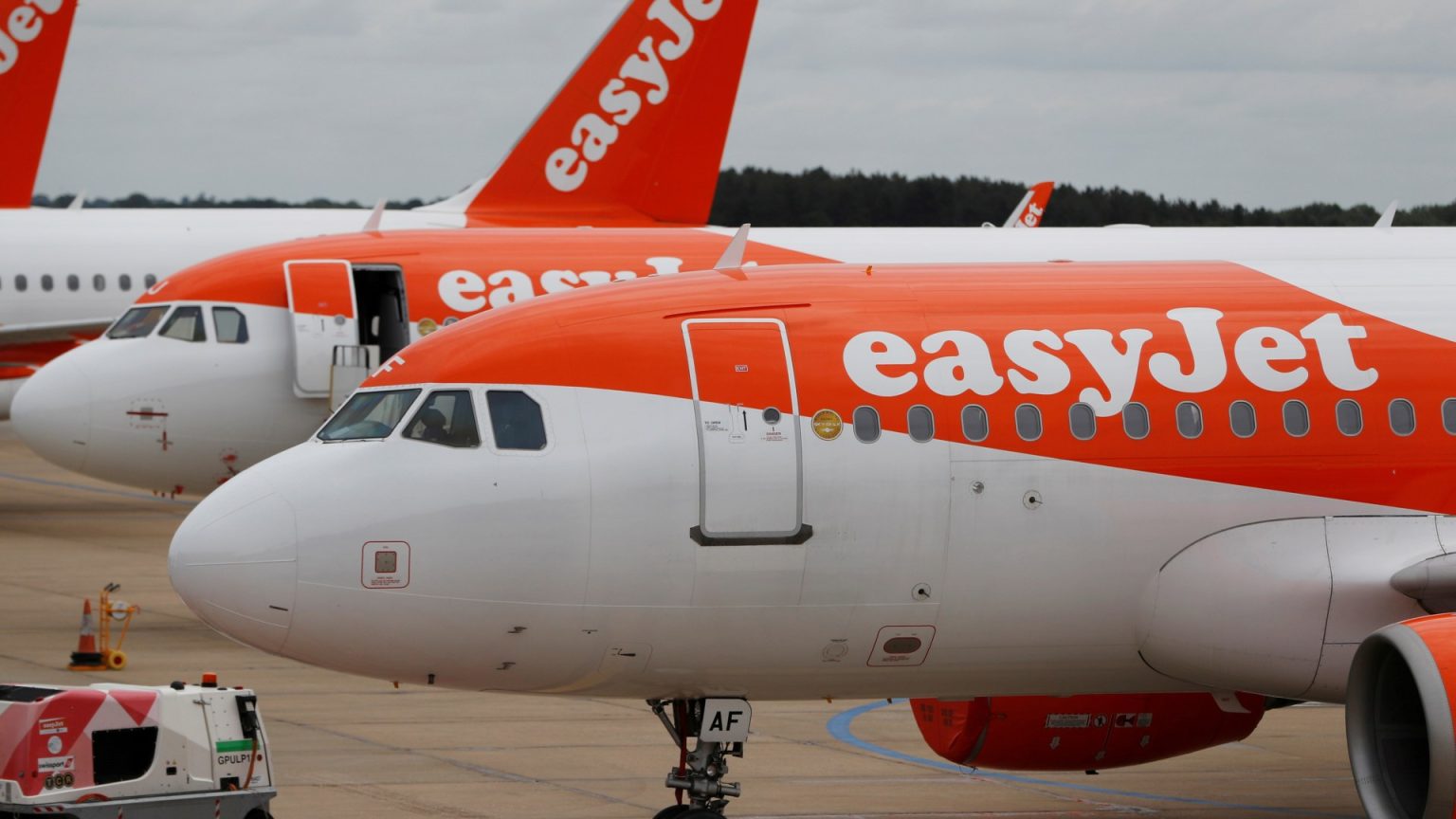EasyJet has confirmed that they will be reducing a number of UK flights due to the rise in air passenger duty (ADP). The government recently announced that ADP will increase by around £2 per flight, leading to higher costs for passengers. As a result, the airline will be cutting capacity on UK domestic routes, affecting flights from London to Scotland and Northern Ireland. This reduction in flights will likely result in higher fares due to increased demand. EasyJet’s finance chief, Kenton Jarvis, criticized the decision to raise ADP, calling it a tax on the working person and not in line with the government’s pro-growth stance. The airline has not specified how many flights will be affected, but the changes will take effect from 2026.
Ryanair has also warned of reductions in UK capacity by around 10%, resulting in five million fewer passengers. Michael O’Leary, the airline’s boss, expressed concern over the impact of increased ADP on domestic flights, stating that it is a penal tax on the poor. ADP was introduced in 1994 and the UK has some of the highest rates globally. Most European countries have since abolished ADP taxes, with the UK being an exception. While initially return UK flights were exempt, this exemption was removed in 2001. Passengers have the option to claim their ADP back if they miss a flight, with varying refund amounts depending on the class of travel and distance from the UK.
The implications of ADP on air travel have been a subject of debate, with critics arguing that the tax has not been used for environmental purposes as originally intended. Instead, the funds raised from ADP have been directed towards the general tax revenue. The cost of air travel has increased significantly over the past 30 years since the introduction of ADP, impacting passengers and airlines alike. The reduction in UK flights by both easyJet and Ryanair could lead to higher fares and less competition, ultimately affecting the average traveler. With APD rates varying based on flight distance, passengers may face additional charges ranging from £7 to £26 for flights within the UK and to popular destinations in Europe.
The decision to increase ADP and the subsequent reduction in UK flight capacity have raised concerns within the airline industry. EasyJet, as the largest airline in Scotland, will be particularly affected by these changes. The impact of higher costs and reduced services on passengers, especially those who rely on domestic flights for travel, remains to be seen. The added financial burden of ADP on top of potential fare increases could deter some travelers from flying or force them to seek alternative modes of transportation. As the aviation sector continues to navigate challenges posed by government policies and economic factors, the future of air travel in the UK remains uncertain. It is essential for policymakers to consider the broader implications of ADP on both passengers and airlines in order to ensure a sustainable and competitive aviation market.











